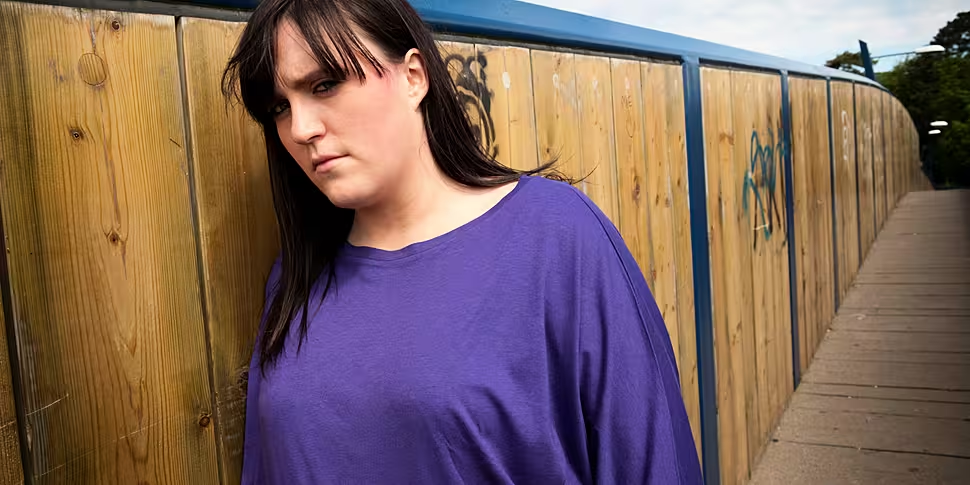A new 'Growing Up in Ireland' report has found depression and obesity are major challenges for young people.
The ESRI research has been tracking the lives of young adults, who were 20-years-old in 2018 and 2019.
They have been followed by the researchers since they were nine years of age.
Almost one-third of young Irish women, and a fifth of young Irish men, are experiencing symptoms linked to depression.
Higher levels of depressive symptoms were associated with previous experience of symptoms - at 13 and 17/18 years.
When faced with difficulties, the most popular coping strategies for 20-year-olds were talking to friends (55% for women, 47% for men), engaging in pastimes that would cheer them up (48% for women, 51% for men) or discussing problems with parents/family (44% for women, 30% for men).
It found much smaller proportions reported 'often' drinking alcohol or smoking (9% for women, 10% for men) as a coping strategy.
While nearly a quarter (24%) were overweight and a further 13% were obese at 20 years of age.
This represented an increase since age 17/18, when 20% were overweight and 8% were obese.
Living and education
The study shows more than two-thirds of 20-year-olds (69%) were primarily in education or training.
While over a quarter were in employment - either full or part-time - with just 5% not in employment, education or training.
A very high proportion (87%) had taken part in at least one education/training course since they left school.
The majority (68%) were still living with their parents, with only about one-third (32%) reporting another non-parental address.
Even among the minority with a different address, almost all (87%) spent several nights a month in their parents' home.
And 82% still considered their parental address to be their 'main address'.
Overall, 65% of young adults say they achieve the national recommended guidelines for physical activity.
While over half say they typically spend over three hours online per day - with more then 20% usually spending five hours or more online.
Over 90% say they use the internet for social media, watching video content, searching for information and messaging and calling people.
One of the report co-authors, Dr Desmond O'Mahony, told Breakfast Briefing mental health issues can begin when they are children.
"What we see as well is that if there have been episodes of high depressive symptoms in childhood... that you're much, much more likely - nearly twice as likely - to be experiencing a depressive episode now in your 20s."
And he suggests obesity levels are concerning.
"There's been a decline in physical activity: so whereas you might have had organised and structured participation in sports in secondary school, that kind of structure seems to have gone away by the time you are in your 20s".
Anyone affected by issues raised in this article can contact The Samaritans on 116-123 or e-mail jo@samaritans.ie. A list of services for young people is available here









